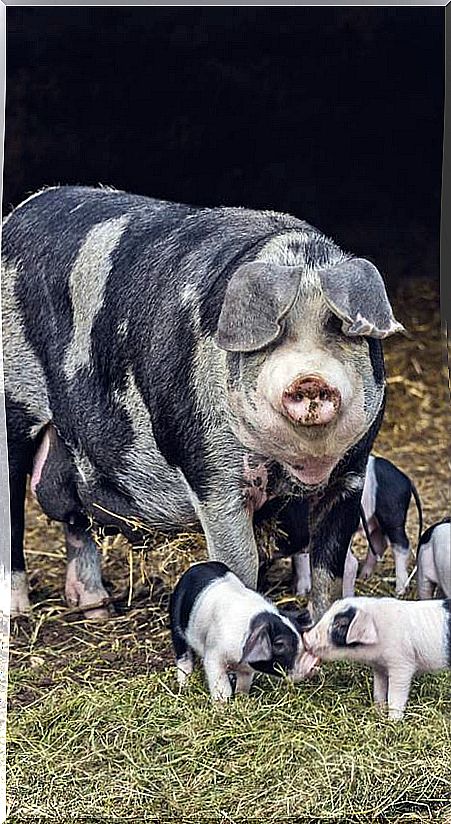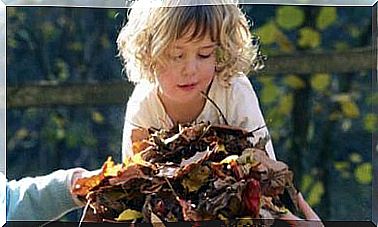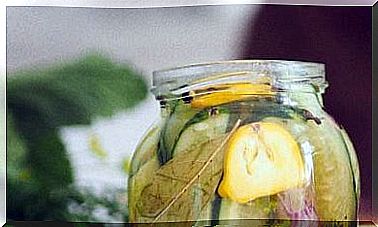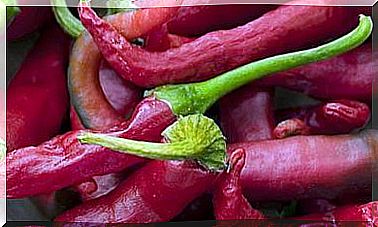This Is The Sad Reality Behind Meat Consumption
The consequences of today’s excessive meat consumption are many. Peering into that dark side forces us to reflect and act.

The meat that ends up on our plates has a story behind it. A history of exploitation and risk to health and the environment. A story that is rarely shown, but that reflects the reality behind one of the most powerful and dark industries that exist: the meat industry.
When I ate meat, I didn’t ask myself what was behind a steak, a hamburger, or a sausage. Sometimes I thought about the animal (for that reason I stopped eating it), but I never imagined that it hid the reality that I know today. It was by adopting a plant-based diet that I discovered the impact the meat I ate had on the world.
What is actually hidden behind the meat you eat?
Suffering animals. It is the most obvious: the more than 70,000 million animals that each year are destined for consumption. It is not only about their death, but also about the conditions in which they live.
But animals are not the only victims. In 2017, CC.OO. denounced the precariousness of workers in the meat industry. He described his working hours as “inhumane” and urged to take measures to end the precariousness, illegality and corruption in the sector.
The environmental impact is another factor that is hidden from us. The livestock industry emits more greenhouse gases than the entire global transportation sector. In addition, due to slurry, intensive farming on farms pollutes groundwater and damages soils.
A health risk
Meat is also a health risk. In 2015, the WHO published a report linking the consumption of processed meat with cancer. However, in Spain we still consume 8 kg of processed meat per person per year and more than double the total recommended meat.
On the other hand, meat production involves the use of substances that remain in the products that reach our plates. Spain uses 402 milligrams of antibiotics for every kilo of meat. It is the country in the European Union where the most antibiotics are used in livestock farming.
It is estimated that, due to the abuse of antibiotics, resistant bacteria are generated that annually cause the death of more than 2,500 people in our country.
March 20, International Meatless Day. Join us!
March 20 is International Meatless Day. A day that can help us to raise awareness about the reality behind each piece of meat. If you still eat it, it is the perfect occasion to reduce or, better yet, eliminate its consumption. If you don’t eat meat, take the opportunity to spread the word. By opting for plant alternatives we create a more ethical and sustainable world.
Cristina Rodrigo is the communication and project manager of ProVeg Spain, an international organization for food awareness that defends a plant-based diet. Proveg.com/es









